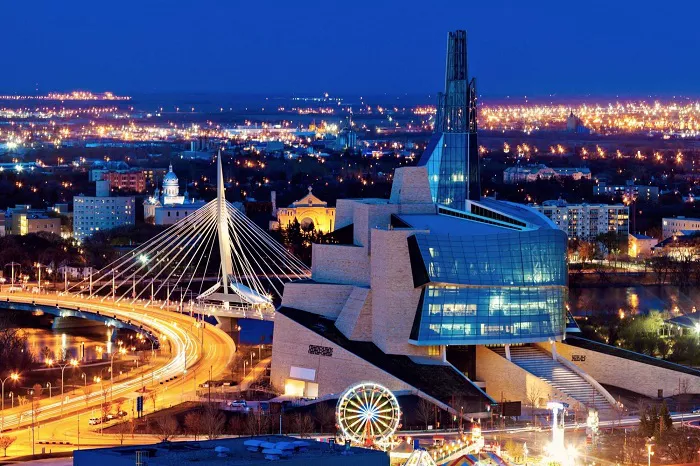The Manitoba Museum has formally apologized to First Nations, Inuit, and Métis communities for retaining human remains and associated burial items in its collections, pledging never to accept such items again. The apology was delivered by museum CEO Dorota Blumczyńska during a private ceremony attended by Indigenous leaders and elders on Thursday.
In a statement published online, the museum expressed “sincere and profound regret” for possessing ancestral remains for decades, acknowledging the need for meaningful reconciliation.
“The Manitoba Museum fully understands our responsibility to address this terrible legacy,” the apology read. “We recognize that this apology is only the first step of many actions we must take, knowing that great care and many years will be needed to ensure that the Ancestors are returned to their communities according to the wishes of those communities.”
The initiative is part of the museum’s Homeward Journey project, launched in 2022 to identify and repatriate remains in its care. The long-term process is being conducted under the guidance of an Indigenous advisory circle and with the blessing of a spiritual advisor, according to a museum news release.
Although Canadian museums are still in the process of refining repatriation policies, some U.S. institutions have already begun removing Indigenous exhibits from public display. Blumczyńska, speaking to CBC Radio, emphasized that while the past cannot be changed, institutions must be accountable for future actions.
“This is so long overdue, and it’s impossible to really express in words how profound the regret is,” she said. “We are, however, responsible for everything that we do with respect to the future.”
Assembly of Manitoba Chiefs Grand Chief Kyra Wilson welcomed the apology, calling it an important acknowledgment of historical wrongs. “What we’re seeing today is recognition and acknowledgement to the wrongs of the past,” Wilson said. “We’re going to work together and walk together on how we are going to right those wrongs.”
Raymond Frogner, director of research at the National Centre for Truth and Reconciliation, underscored the significance of the apology as a prerequisite for progress. “There needs to be a recognition of what’s occurred in the past, before we can go forward with a new model,” he said. “Without these kinds of acknowledgements, it’s impossible to move forward.”
While the Manitoba Métis Federation was invited to attend the ceremony, President David Chartrand said the group declined due to ongoing concerns regarding the museum’s handling of a recent land acknowledgment dispute.
The remains held by the museum are believed to be those of over 40 individuals, primarily from burial sites in southern and Interlake Manitoba. Some remains were unearthed by early 20th-century archaeologists, while others were inadvertently discovered and brought in by the public. The museum ceased accepting human remains in 1965.
The individuals represented span a range of ages, including children and elders, and are believed to have been interred within the last 500 years. None were found near former residential school sites.
Efforts are now underway to determine the appropriate communities to contact regarding the return of the remains. Some are believed to originate from northern Manitoba and beyond provincial borders, including four potentially from the United States.
Blumczyńska acknowledged the complexity of the task. “We are trying to learn about each and every single ancestor in a way that adheres to community wishes and protocols and is very respectful,” she said. The museum is now beginning outreach efforts to rebuild trust and support repatriation on the communities’ terms.
The remains, previously stored in the museum’s archaeology collections and briefly at a local university, are now kept in two secure and private areas. These spaces have been spiritually smudged and contain cedar boxes wrapped in cloth, accompanied by the four sacred medicines: tobacco, sweetgrass, sage, and cedar.

